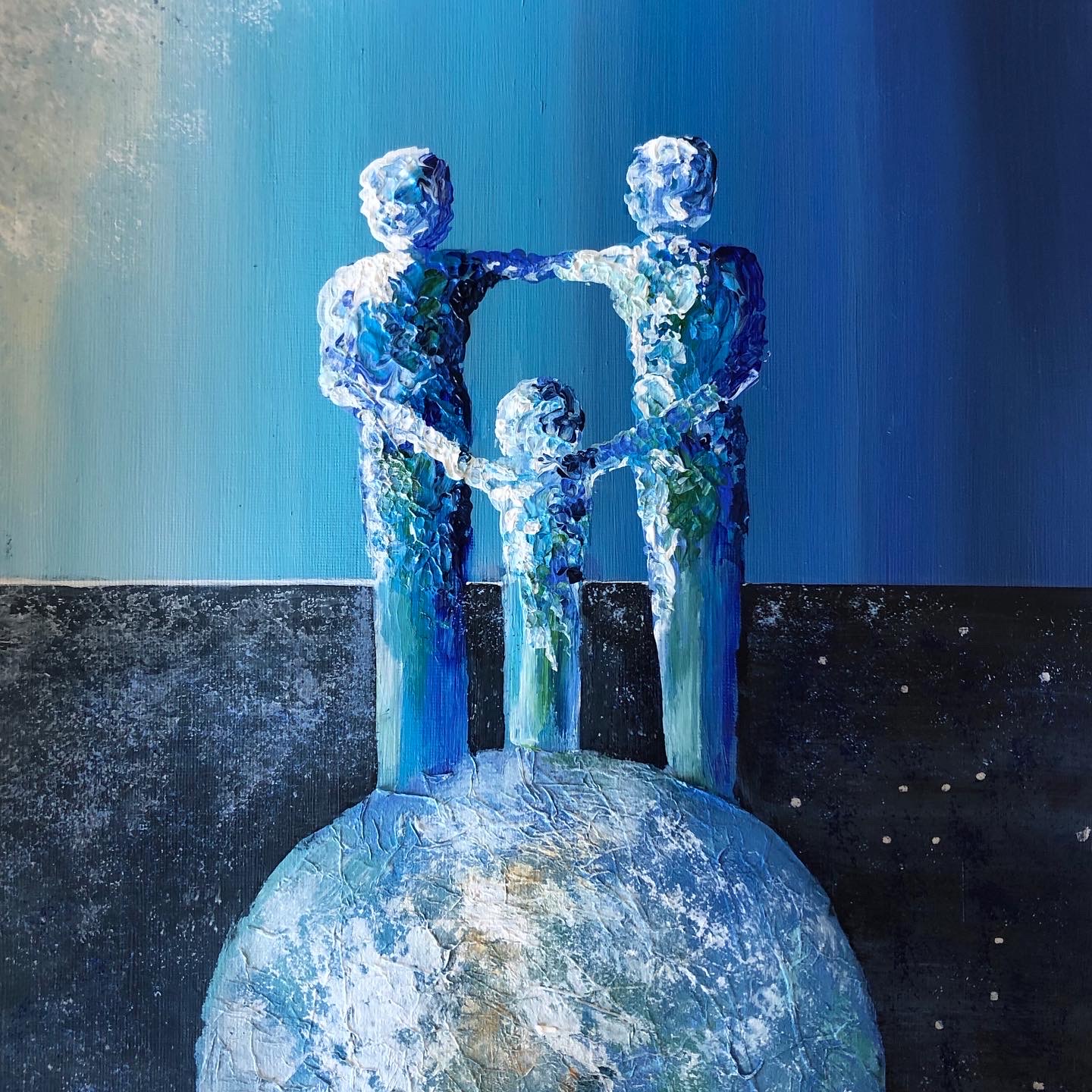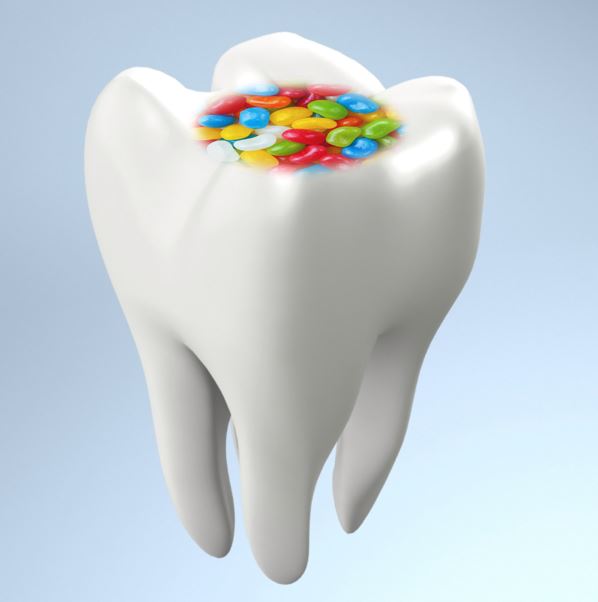What makes me tick?
Nov 28, 2024
Posted by: Monique Parker
I often get asked what made me write my book ‘Conversations on the Lost Connection with Nature’, being a nutritionist.
In short, it was because of my experiences with clients as a nutritionist, my own love for Nature and concern for the future of our planet including our complex food system.
You will understand when you know what makes me tick.
Apart from human connections, my lovely Labrador Retriever Eric, music, books and travel, there are three passions in my life that really make me tick.
- NUTRITION
I LOVE food. Growing it, cooking it and eating it, it is as simple as that. And through my job as a nutritionist, I am also very interested in the effect that food has on our health and well-being. I have seen firsthand what effects small dietary changes can have on people with physical and/or mental health issues.
I’m passionate about educating people on the benefits of real foods and how they can take advantage of these benefits for health and well-being. I not only talk about what foods would be beneficial, but I’m also an advocate for growing your own food where possible.
I’m in the process of writing my second book, this time solely about food, although I’m sure Nature will make an appearance too.
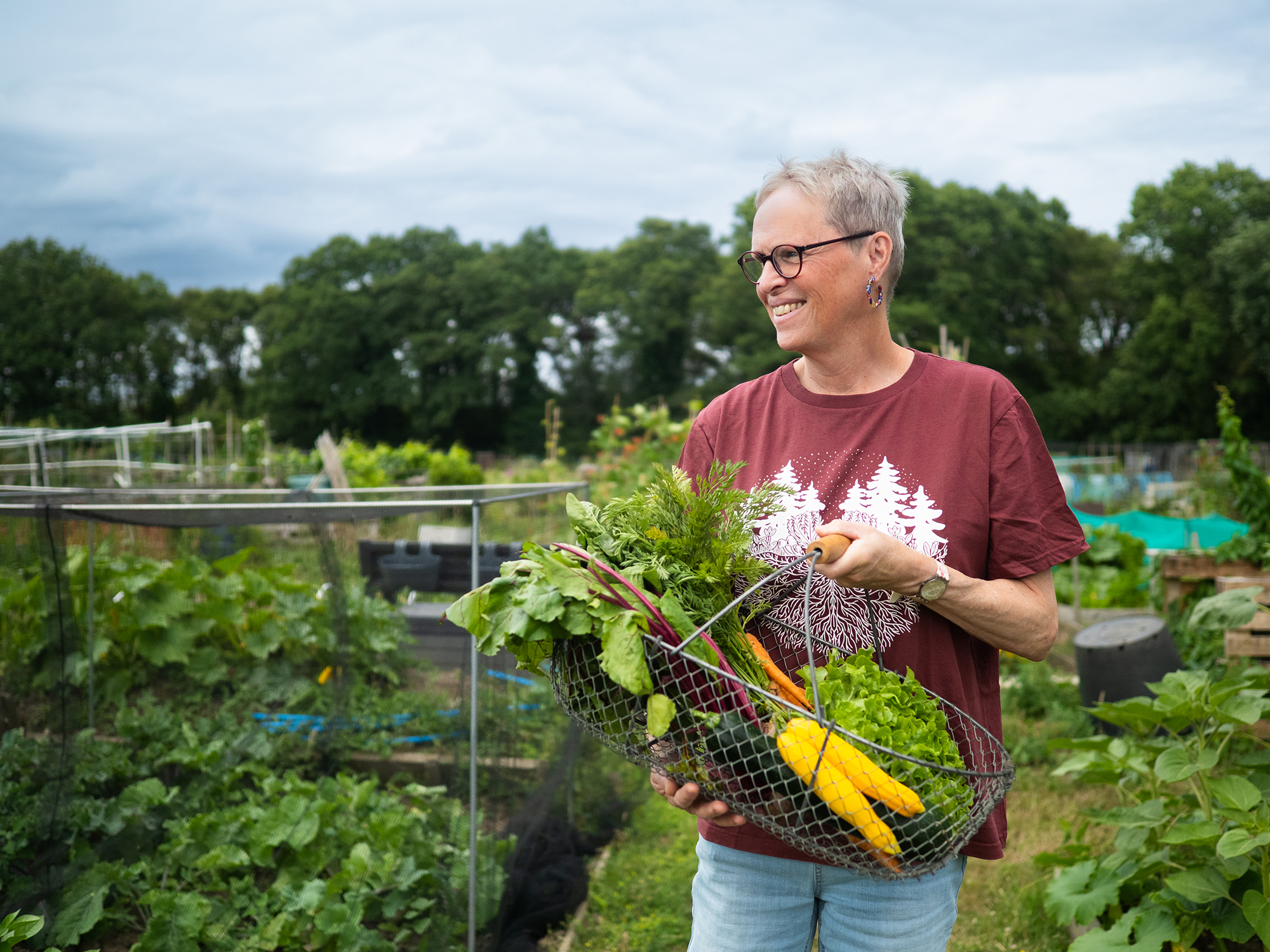
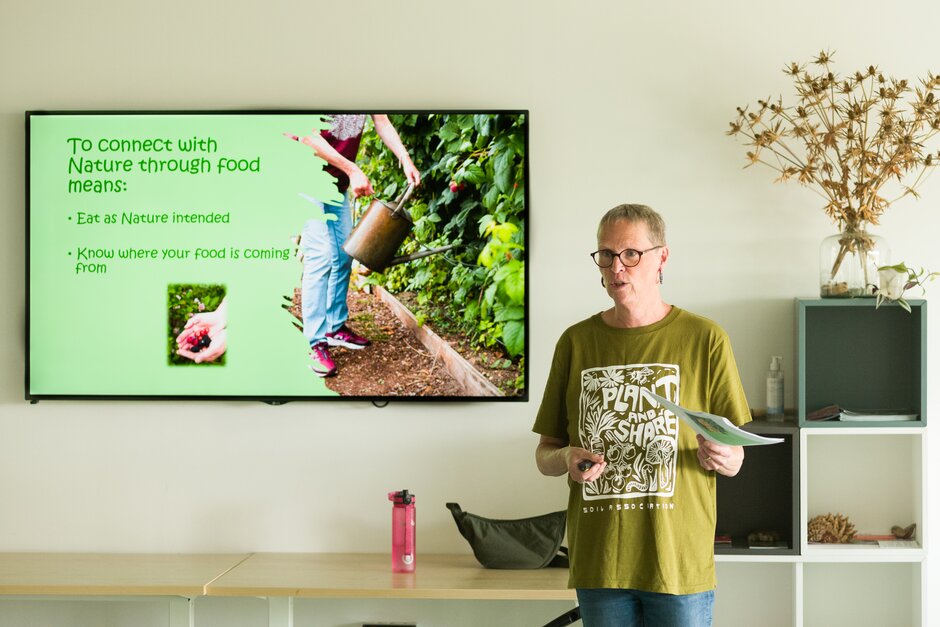
- NATURE
A lot has been written about the importance of Nature for us human beings, but of course we all have our own ideas about this.
Some people see Nature just as a provider of life’s necessities: air, water, the food we eat, etc., or the bringer of disasters such as earthquakes, tsunamis, drought and so on. Others have a strong spiritual connection with Nature, and they live their lives in tune with its rhythms and cycles. Artists find inspiration in Nature; others find solace in Nature when the world does not make sense. But no matter how you see Nature, at the end of the day we are all connected to it.
For me personally, Nature is my healer, my go-to when I’m feeling down and my charging station when I’m tired. Nature makes me feel alive. The spiritual connection I have with Nature makes me feel more whole and part of something much bigger.
Like many artists, Nature is also my inspiration.
I paint a lot of landscapes, and I try to capture the natural beauty as best as I can. I’m forever taking pictures when I’m out and about, collecting reference material for future art projects.
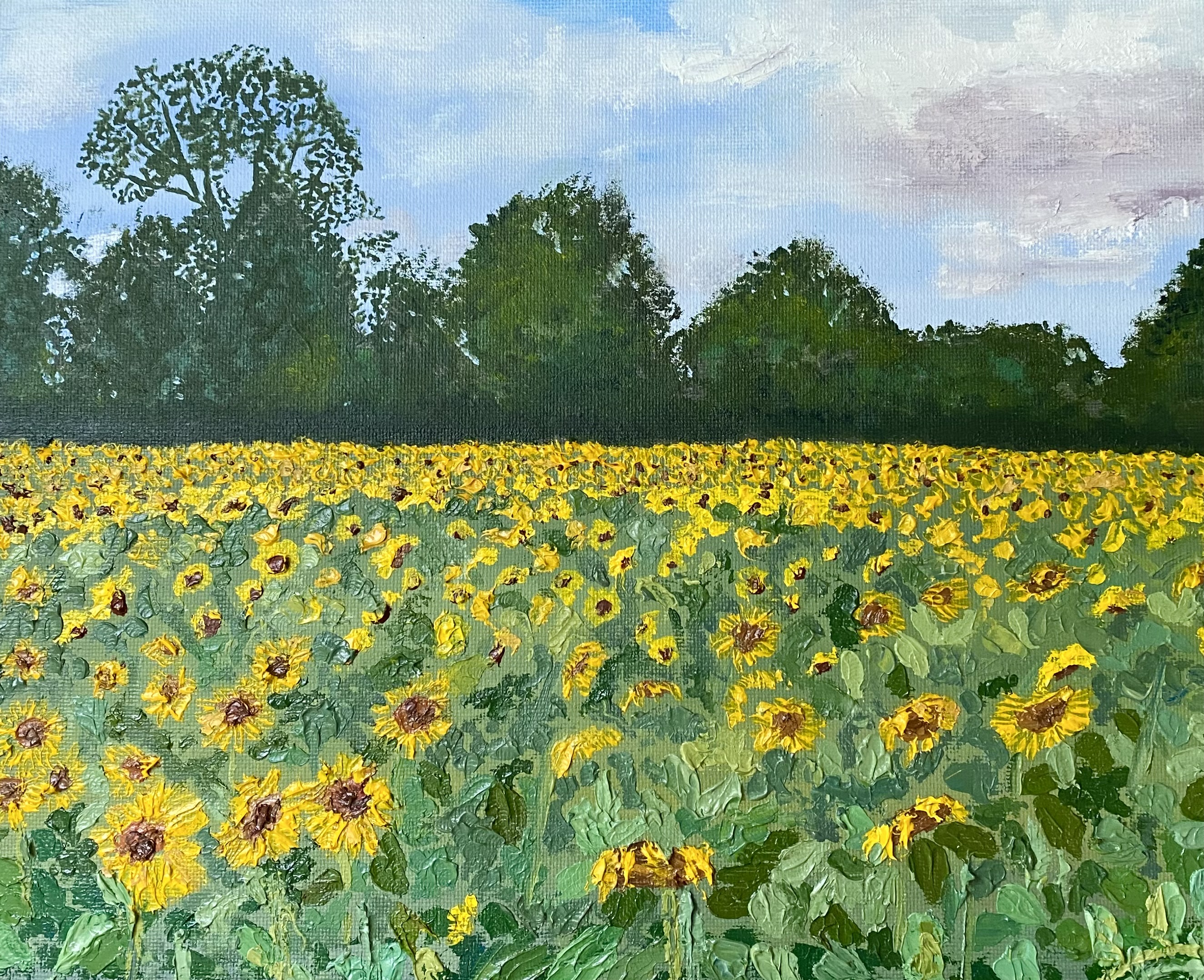
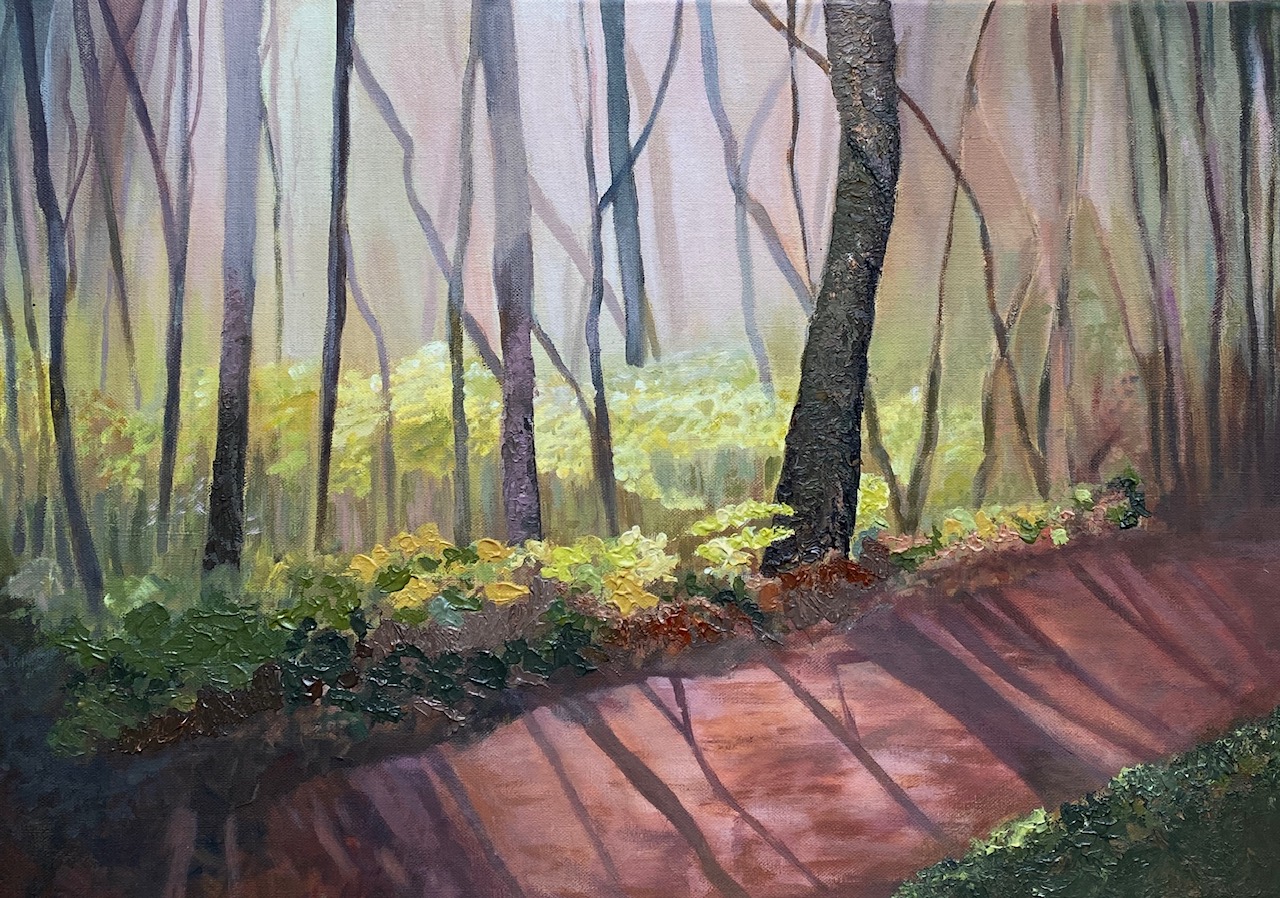
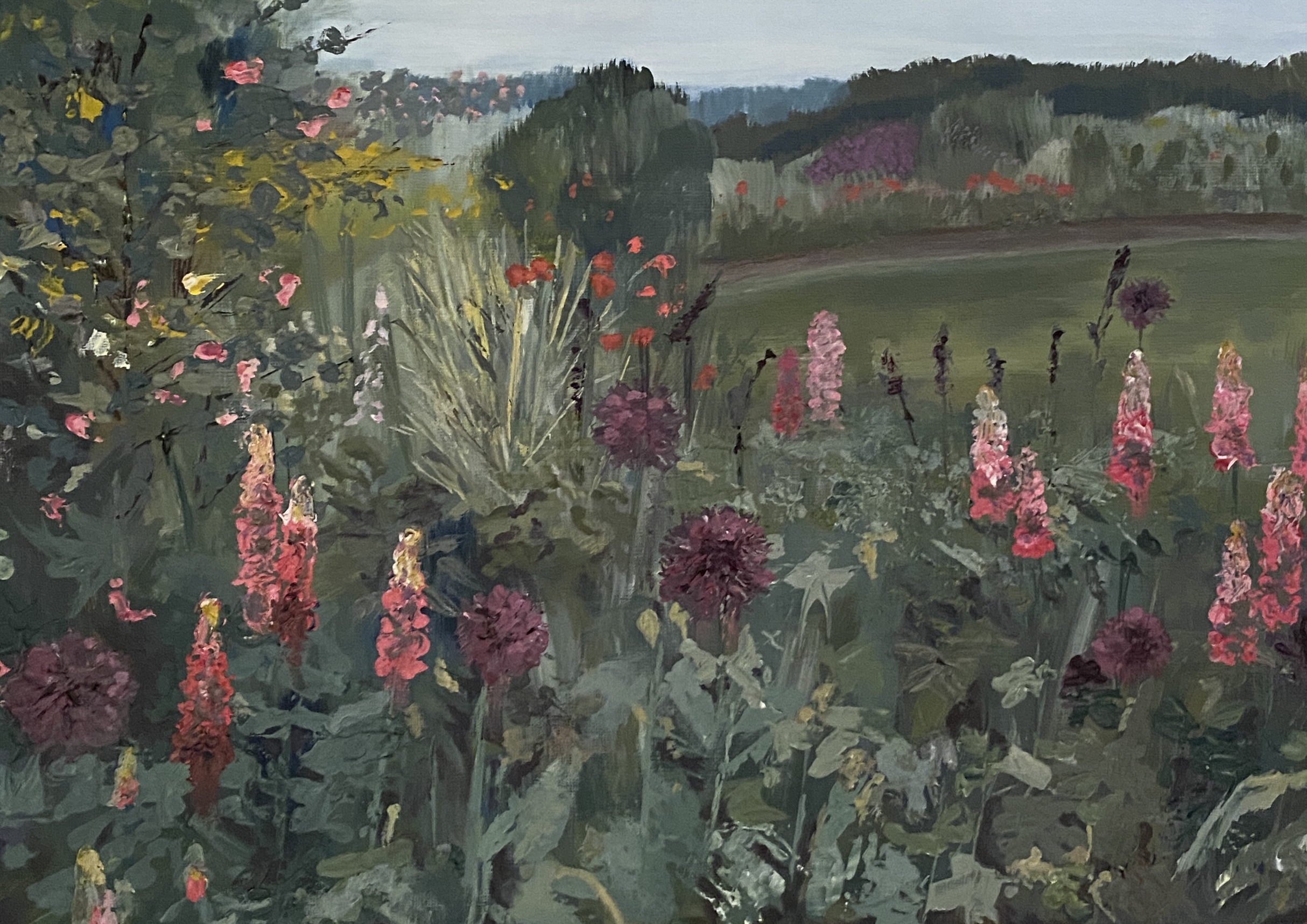
- ART
From my early years I have always been involved in some form of art. I would rather be drawing and painting than hanging out with my friends. Art was encouraged by my father who was an accomplished artist himself, although, much to his own disappointment, he was never able to become a professional artist. However, a few years before he passed away, he had two small exhibitions in the care home where he lived.
For me art is the only way to fully relax, almost like meditation. Please don’t call me when I’m painting as I won’t be answering the phone. I often don’t hear it ring!
I’m very much inspired by Nature and landscapes are my favourite subject, but as art is also a wonderful way to express emotions that we cannot otherwise express I often diverge to other subjects. A good example is the work I did during COVID.
I love it when my art speaks to someone, when they get the meaning of what I put on the canvas or paper, it is after all a form of communication.
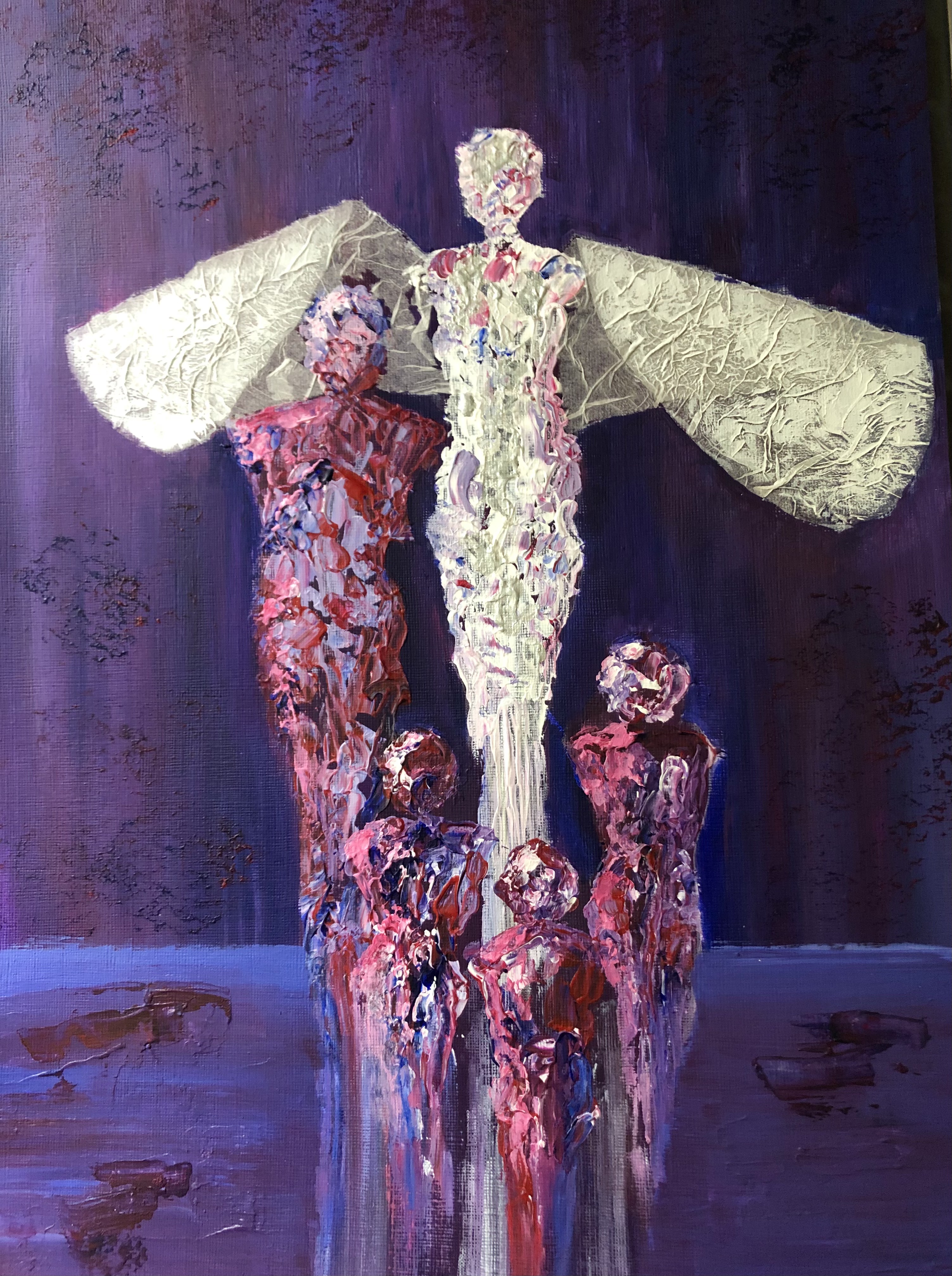
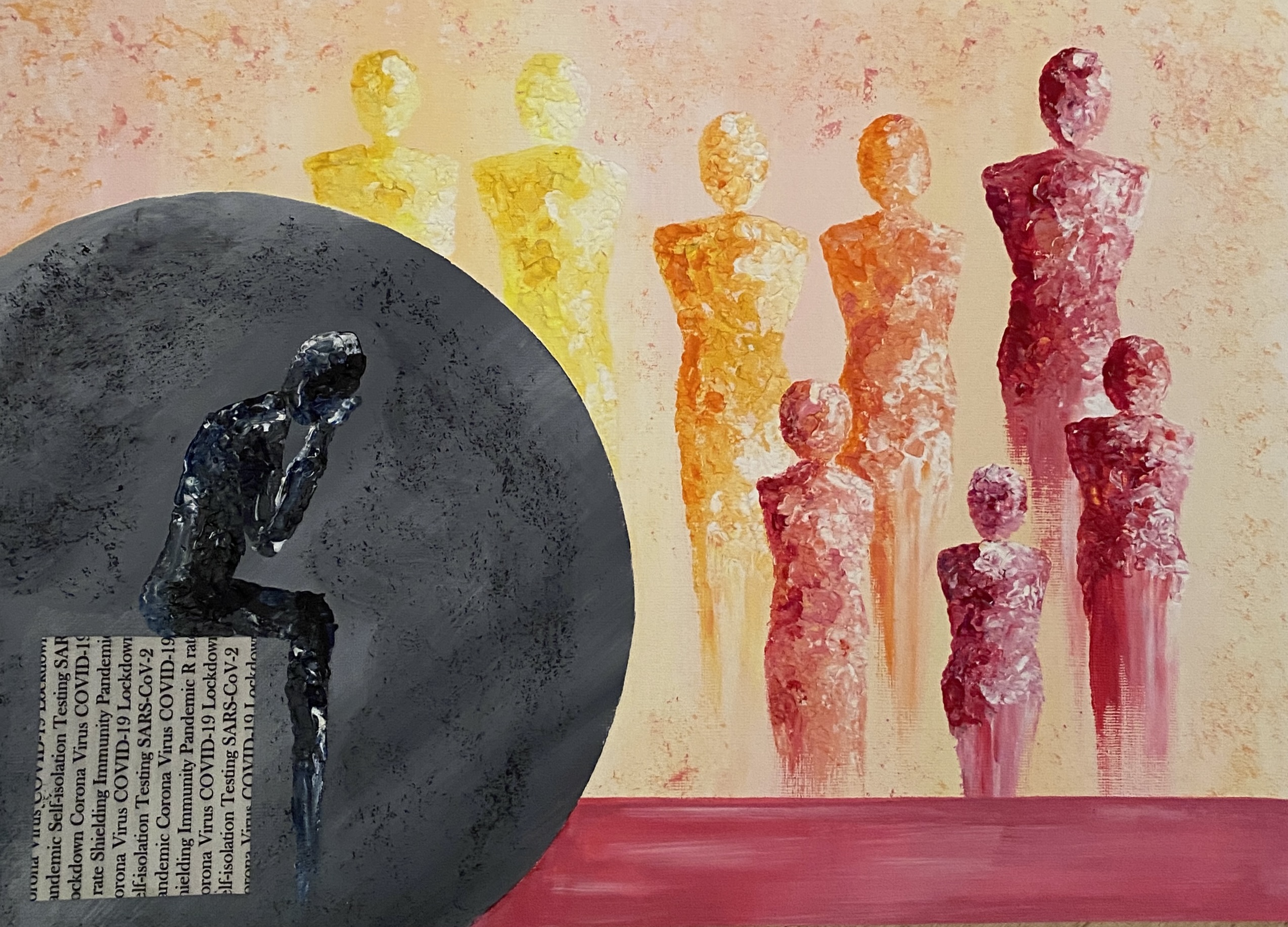
‘Those who contemplate the beauty of the earth find
reserves of strength that will endure as long as life lasts.’
Rachel Carson
Have you read my book yet?

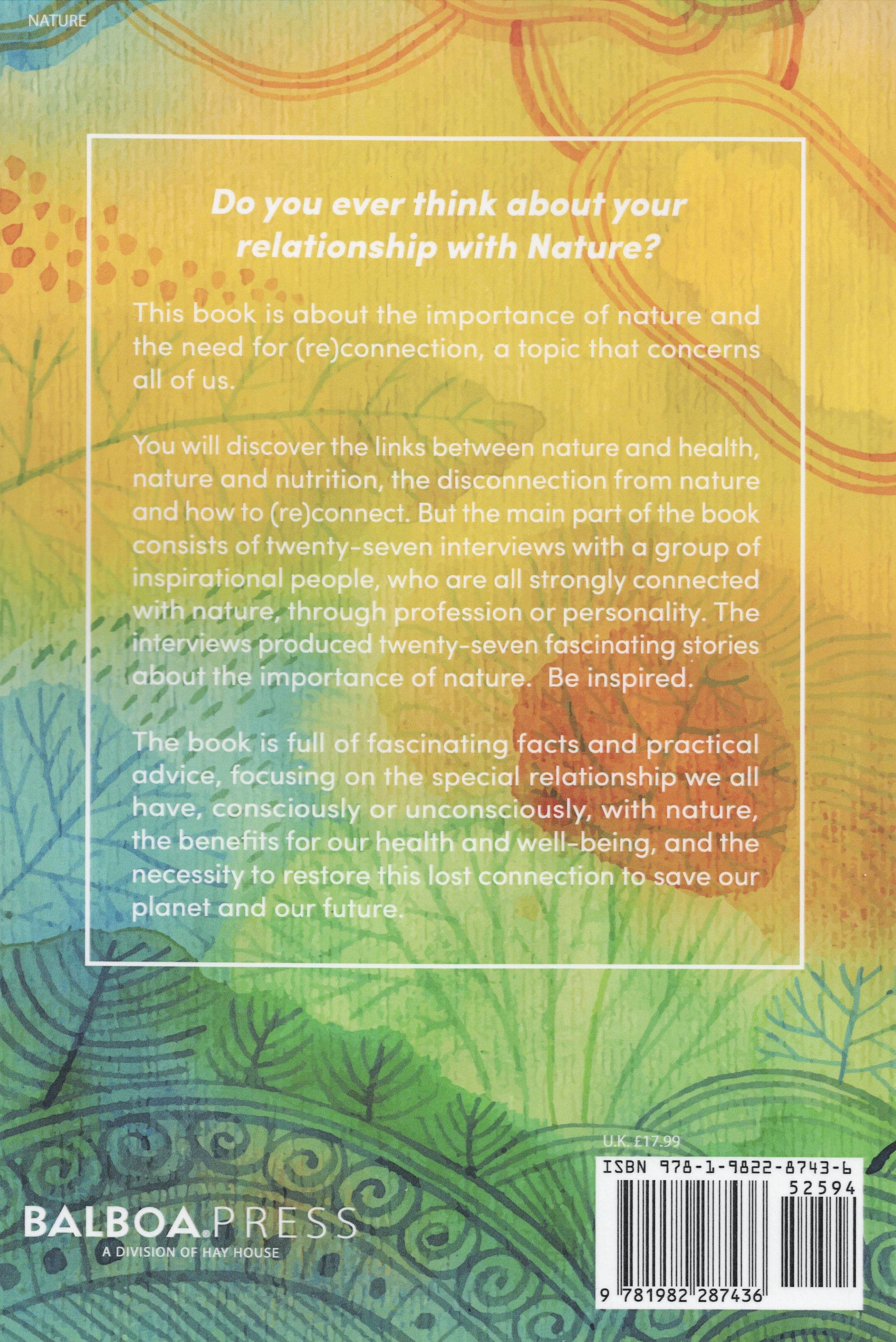
Have you read my book 'Conversations on the Lost Connection with Nature' yet?
The book is full of interesting facts and practical advice, focusing on the special relationship we all have, consciously or unconsciously, with nature, the benefits for our health and well-being, and the necessity to restore this lost connection to save our planet and our future.
It also contains conversations with 27 inspirational people, all of whom are strongly connected with nature, through either profession or personality. The interviews produced twenty-seven fascinating stories about the importance of nature. Be inspired!
Growing your own food and connecting with Nature

Have you ever thought of growing your own food at home?
It is a great way to connect with Nature and you decide what goes into the food you grow!
From the soil, compost, water, what kind of seeds you buy, to what you use to help growth and fight against pests.
Given the fruit and vegetable shortfall in the UK, this is the time to start growing your own.
Read more to find out what the benefits are, the most common mistakes and how to get support and knowledge.
Come and join me at the Best of Nature Show
Come and join me on Saturday 6 July at the Best of Nature Show at the Shoreditch Exchange in London.
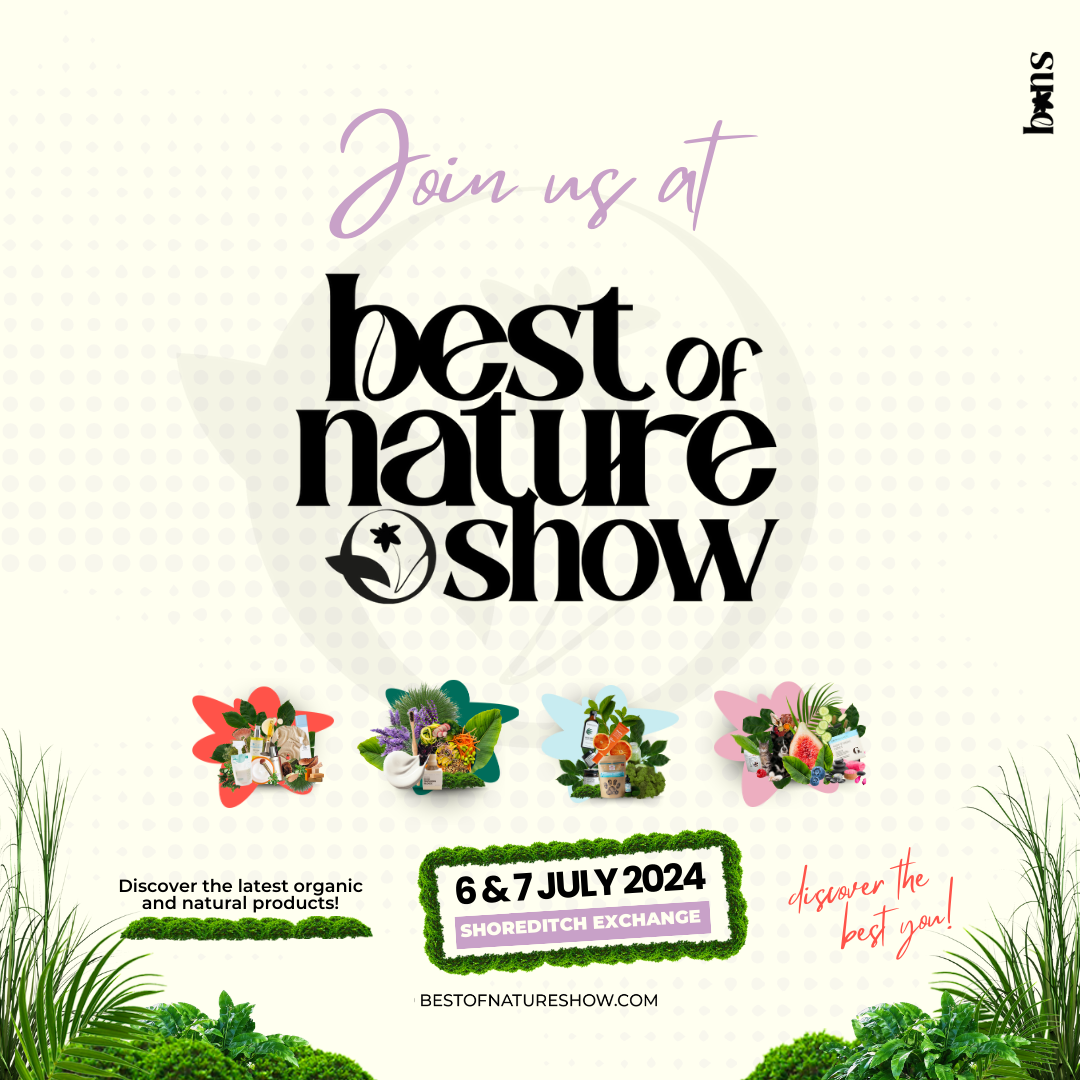
Let's Pull that Sweet Tooth
On Sunday 23 June I was a speaker at the Allergy & Free-From Show at Olympia, London.
My talk was about sugar: ‘Let’s Pull that Sweet Tooth – Why We Should Go Sugar-Free’
The purpose of the talk was to explore the benefits and pitfalls of a sugar-free lifestyle, especially for people with allergies and/or those following a free-from diet.
There is an increasing prevalence of food allergies and a growing interest in free-from diets due to health concerns.
Here is an overview of the content of the talk.
The Amazing Mengelmoestuin
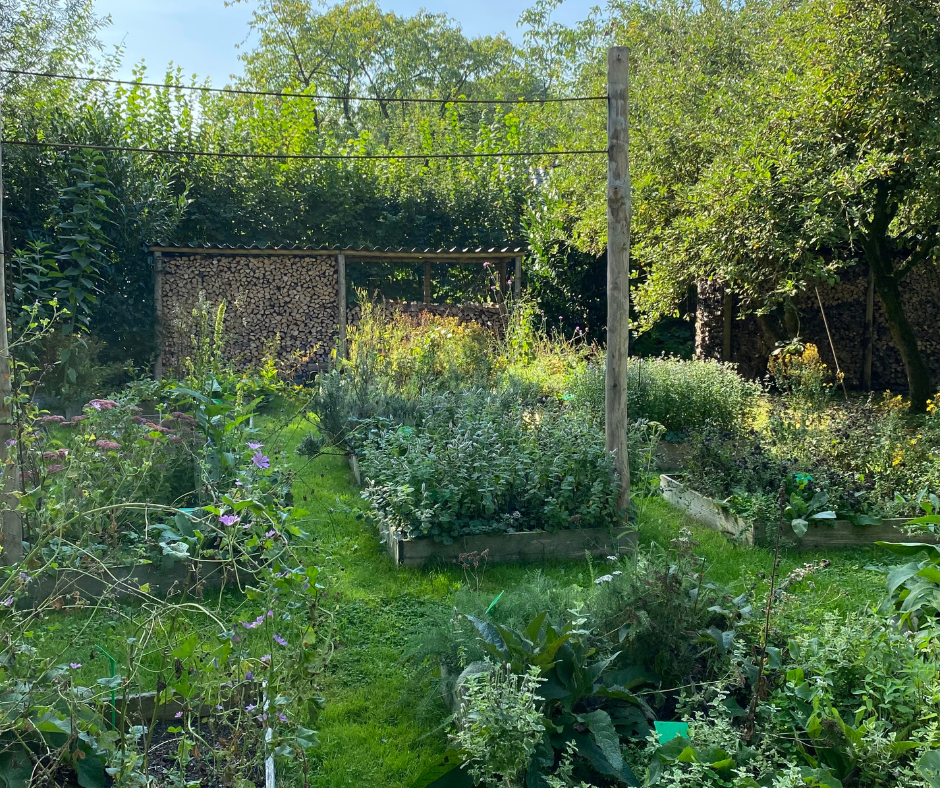
Last year in September, I visited the magical Mengelmoestuin, along a dyke between Bergambacht and Ammerstol, in the Netherlands.
Mariel, one of the owners and guardians of this amazing organic, biodynamic garden, is one of the collaborators on my book 'Conversations on the Lost Connection with Nature', a book about the importance of being connected with Nature for our health and well-being and for the future of our planet. I wanted to personally hand over a copy of the book.
It was a wonderful experience. Read more about the Magical Mengelmoestuin.
Connecting with the land, community, and country: Bollywood Farms Singapore
An organic farm in Singapore? I had to see it to believe it, and it didn't disappoint, far from it.
One of the highlights of my recent visit to Singapore.
A lush, green and peaceful oasis in the most biodiverse capital of the world, where 50% of the city is now green space.
But Bollywood Farms is not just an organic farm, it is much more!
Outside and Active Podcast October 2023

I was recently invited as a guest on the Outside and Active Podcast with Dominic Brown. Listen here to find out what we talked about.
Using all your senses to (re)connect with Nature

In my book ‘Conversations on the Lost Connection with Nature’ I talk about ways to (re)connect with Nature. There is a non-exhaustive list of suggestions in the book, and one of them is ‘using all your senses’.
Make Menopause Matter - A functional approach to supporting menopausal symptoms

Why do some women sail through the menopause and others are clearly suffering?
Is there anything women can do to help the transition go as smoothly as possible?
Absolutely!
A holistic approach to endometriosis

According to Endometriosis UK 10% of the women of reproductive age in the UK suffer from endometriosis, one of the most common gynaecological conditions and an often crippling condition. Nutritional therapy is one of the complementary therapies that can support this condition.


